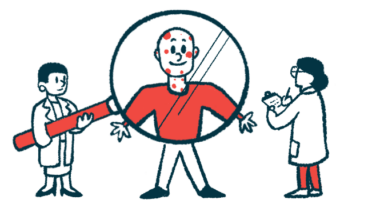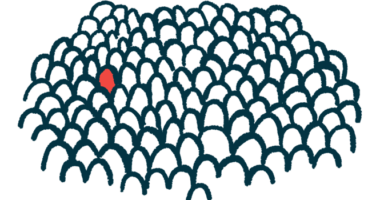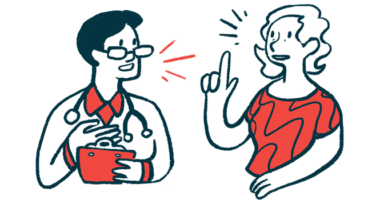
Non-drug Treatments for LEMS
Occupational Therapy
Occupational therapy involves helping patients maintain independence in performing daily activities at home, work, school, leisure times, and social events. The role of an occupational therapist is to evaluate the functional difficulties and daily requirements of patients and devise strategies that can help them carry out daily activities more independently. They can also educate family members and caretakers on how they can help the patient with daily tasks.
Physiotherapy
Physiotherapy may help to slow the progression of LEMS, aiding patients in maintaining muscle strength and improving their quality of life. Physiotherapy involves movement and exercise, massage therapy, education, and advice. Physiotherapists identify areas of muscle weakness and design an exercise plan so that patients can work to strengthen their muscles and maintain or improve their range of motion, without hurting themselves or worsening their condition.
Speech Therapy
Speech therapy is recommended for people with LEMS who experience problems with speech, chewing, or swallowing because of muscle weakness and stiffness. Speech therapists first assess speech, language, cognitive-communication, and oral feeding and swallowing skills to identify problems in articulation, fluency, voice, receptive and expressive language disorders, and food and fluid ingestion. Based on these evaluations, they recommend the best way to treat any issues.




